Laureate 2022
Martha Nussbaum
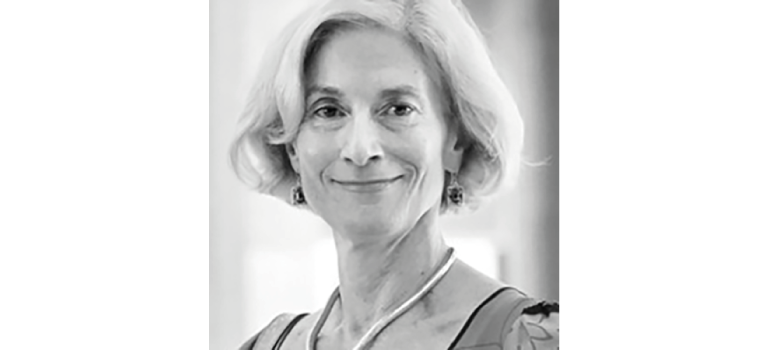
Martha Nussbaum is an original and eminent thinker whose work discusses a broad range of topics that are extremely relevant to the public discussion of healthcare and the (global) distribution issues that come with it. Throughout her work, Nussbaum uses both Western and Eastern sources and gives much attention to the contrasts between North and […]
Laureate 2021
Michel Foucault
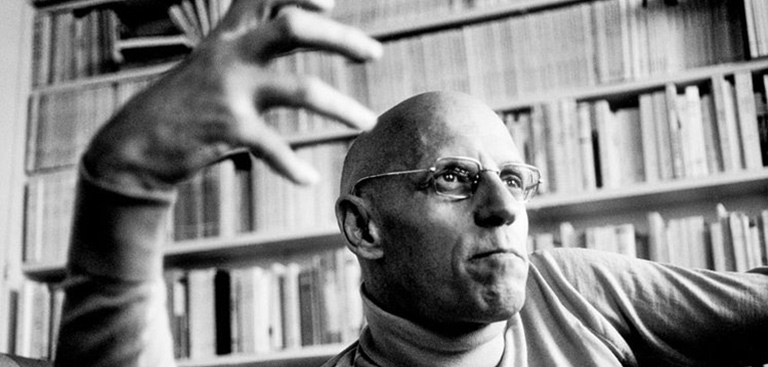
Het werk van Michel Foucault (1926-1984) is bij uitstek geschikt om het denken over gezondheid in een kritisch perspectief te plaatsen. Foucault is telg uit een artsenfamilie, maar verlegt als student zijn aandacht van de geneeskunde naar de filosofie. Toch blijft gezondheid(szorg) een centraal thema in zijn oeuvre. In de laatste jaren van zijn leven […]
Laureate 2020
Bruno Latour
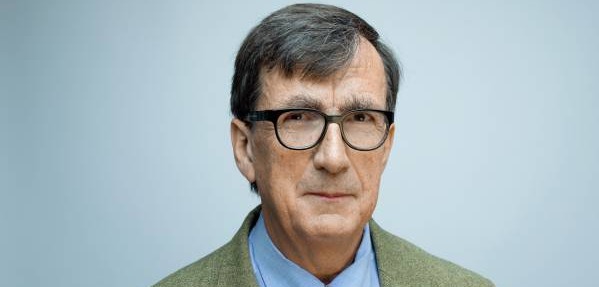
Bruno Latour is one of the first thinkers to have considered technology as a social factor. According to Latour, technology, like science, is not morally neutral. Not only are users responsible for the technology they choose, but creators and producers also have a certain moral responsibility. During the early 1990s, Latour was also one of […]
Laureate 2019
Alan Turing
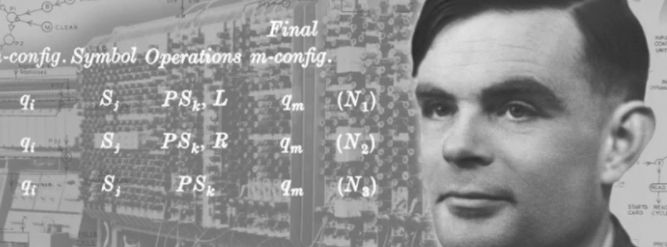
Alan Turing is considered the father of computing. During the Second World War he secretly built a machine that could be used to crack the German Enigma code; this forerunner of the computer saved countless numbers of lives. Turing was also one of the first scholars to question the relationship of humans with digital machines.
Laureate 2018
Dominique Moïsi
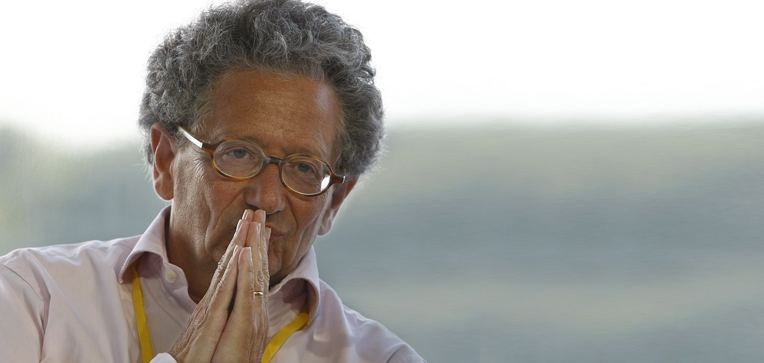
Dominique Moïsi is an influential French-Jewish political scientist and an acclaimed expert on international relations. In Paris, the city where he lives, he is connected to the Institut Montaigne; and he is co-founder of the Institut français des Relations Internationales. Recently, he has been visiting professor at Harvard University and King’s College in London. He is also the author of several widely acclaimed books. The most well-known, The Geopolitics of Emotion: How Cultures of Fear, Humiliation, and Hope are Reshaping the World, has been translated into Dutch.
Laureate 2017
Jan Patočka
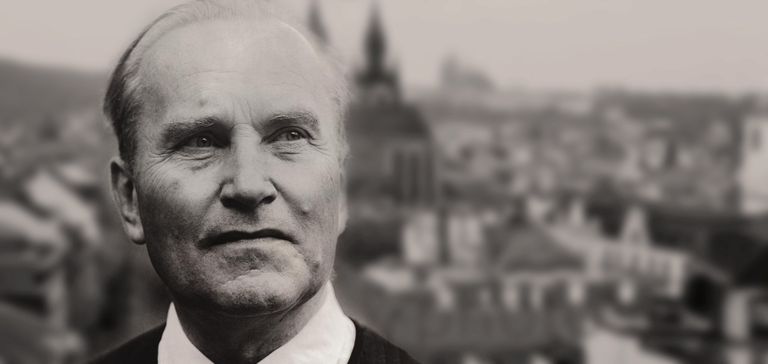
Jan Patočka was born in Bohemia in 1907. He died in Prague in 1977, forty years ago. He is considered one of the most important Czech philosophers, and one of the most influential philosophers of the 20th century in Central Europe. Patočka´s main themes are subject body, human community, and the understanding of “world.”
Laureate 2016
Kwame Anthony Appiah
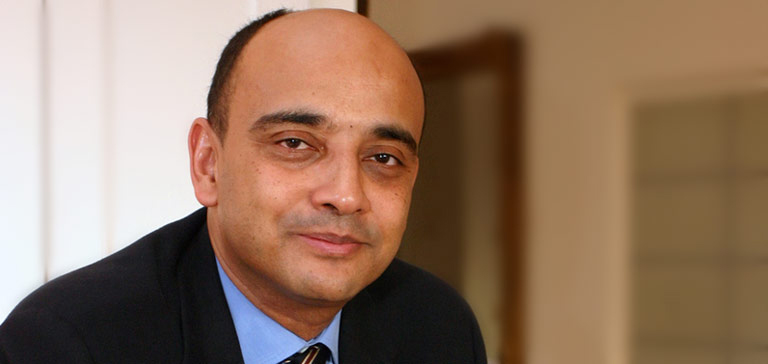
Kwame Anthony Appiah (1955) is a British-Ghanaian philosopher and writer. A son of Ghanaian politician Joe Appiah and children’s book writer Peggy Cripps, he was born in London but spent his childhood in Ghana. He returned to the United Kingdom to study. He earned his Ph. D. in philosophy at Clare College, Cambridge University. Appiah […]
Laureate 2015
Hannah Arendt
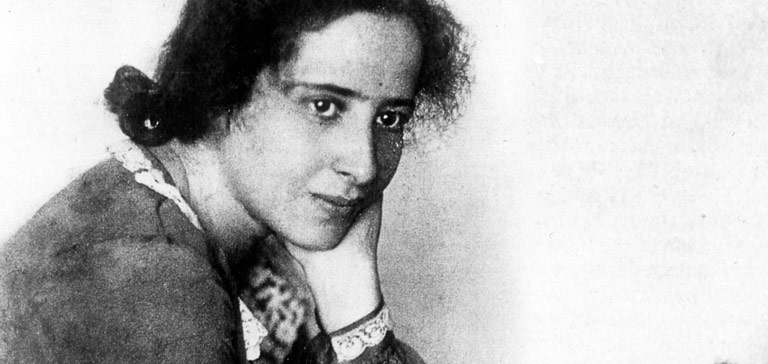
Hannah Arendt is one of the twentieth century’s most important political thinkers. The German-Jewish philosopher was born in 1906 and grew up in Königsberg. She studied philosophy under Martin Heidegger and Karl Jaspers. When the Nazi regime came to power, she fled via Paris to the United States, where she lived until her death in 1975.
Laureate 2014
Susan Neiman
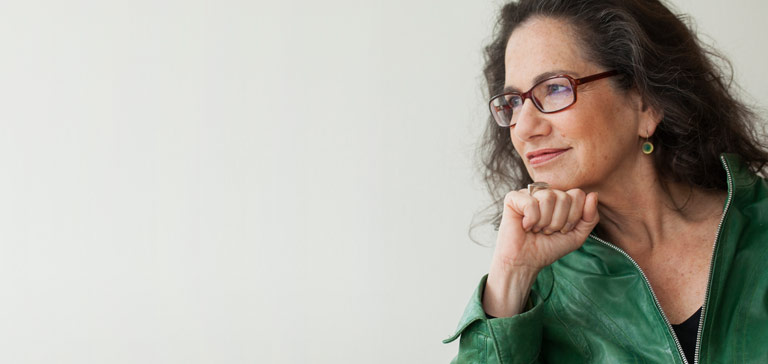
American moral philosopher Susan Neiman (1955) is director of the Einstein Forum research institute in Potsdam. She studied philosophy at Harvard University as well as Berlin’s Freie Universität and was an Associate Professor at Yale University and Tel Aviv University.
Neiman writes scientific works as well as works for a broader audience.
Laureate 2013
Immanuel Kant
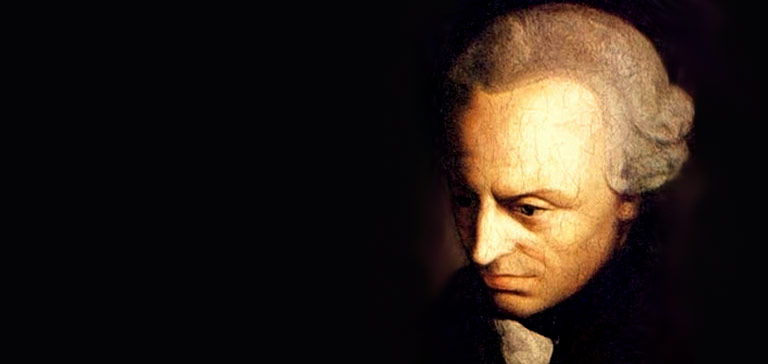
In the last two centuries, few thinkers have left a mark as clear as Immanuel Kant. Kant’s works, especially his Critique of Pure Reason (1781 and 1787), brought about a philosophical upheaval as important as the political changes caused by the French revolution of 1789.
